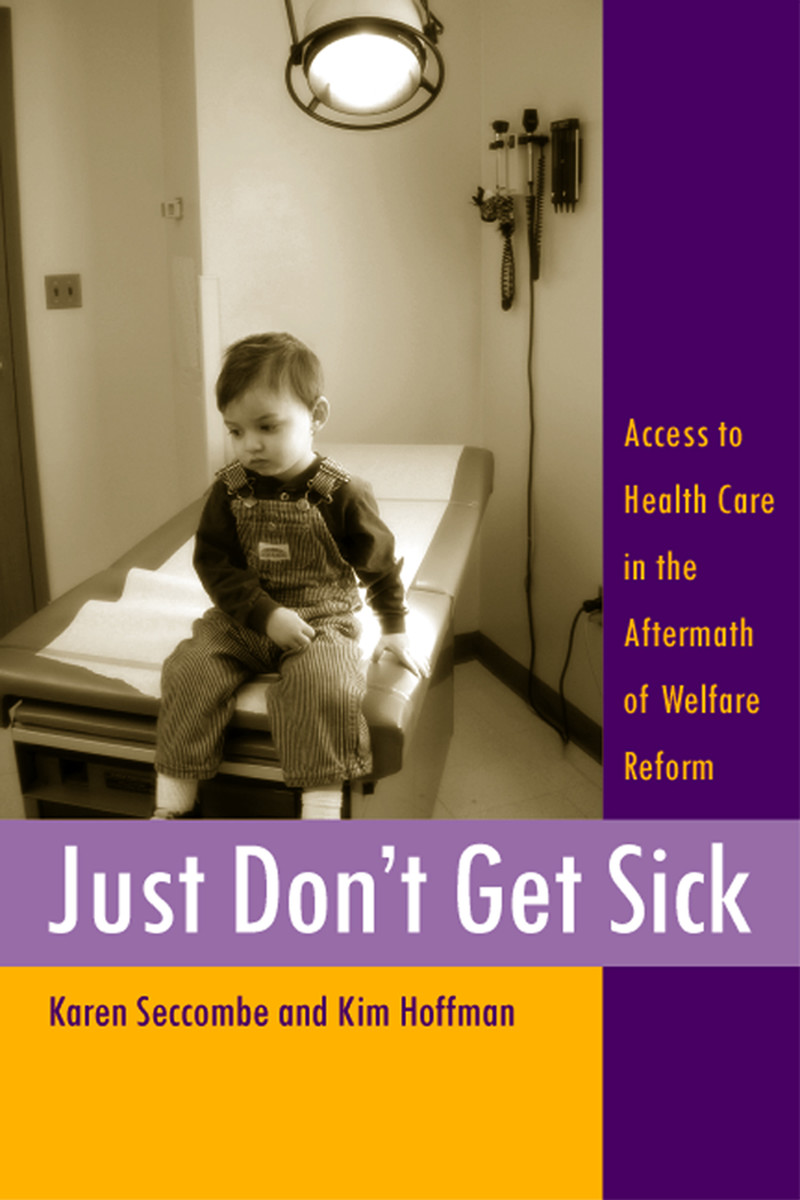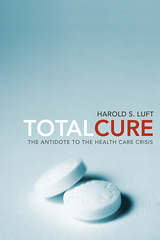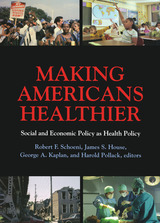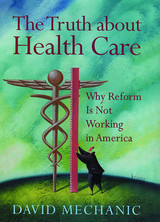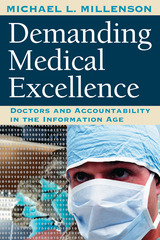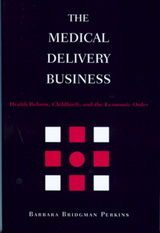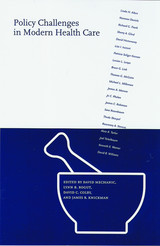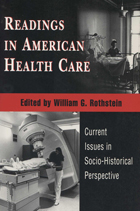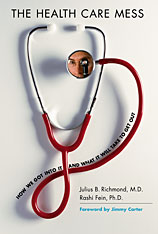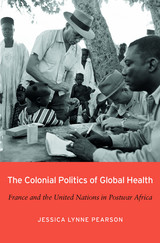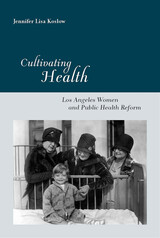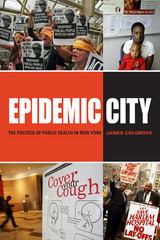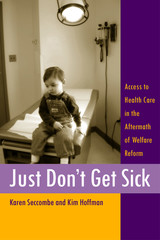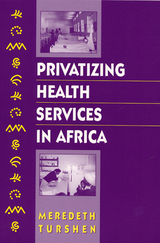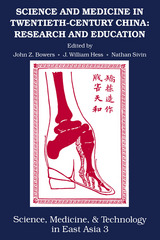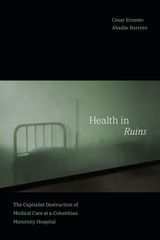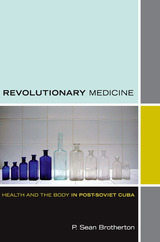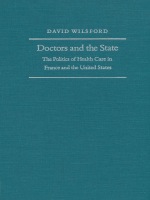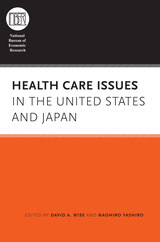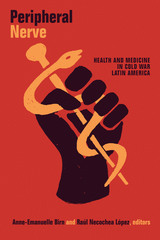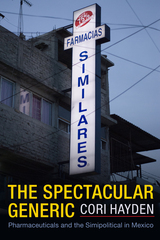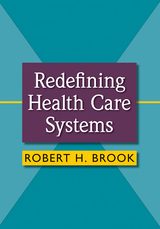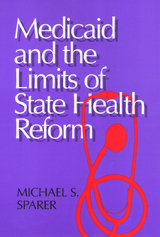Just Don't Get Sick: Access to Health Care in the Aftermath of Welfare Reform
Rutgers University Press, 2007
Cloth: 978-0-8135-4090-0 | Paper: 978-0-8135-4091-7 | eISBN: 978-0-8135-8035-7 (ePub) | eISBN: 978-0-8135-4145-7 (PDF)
Library of Congress Classification RA395.A4O749 2007
Dewey Decimal Classification 362.1042509795
Cloth: 978-0-8135-4090-0 | Paper: 978-0-8135-4091-7 | eISBN: 978-0-8135-8035-7 (ePub) | eISBN: 978-0-8135-4145-7 (PDF)
Library of Congress Classification RA395.A4O749 2007
Dewey Decimal Classification 362.1042509795
ABOUT THIS BOOK | AUTHOR BIOGRAPHY | REVIEWS | TOC
ABOUT THIS BOOK
The ability to obtain health care is fundamental to the security, stability, and well-being of poor families. Government-sponsored programs provide temporary support, but as families leave welfare for work, they find themselves without access to coverage or care. The low-wage jobs that individuals in transition are typically able to secure provide few benefits yet often disqualify employees from receiving federal aid.
Drawing upon statistical data and in-depth interviews with over five hundred families in Oregon, Karen Seccombe and Kim Hoffman assess the ways in which welfare reform affects the well-being of adults and children who leave the program for work. We hear of asthmatic children whose uninsured but working mothers cannot obtain the preventive medicines to keep them well, and stories of pregnant women receiving little or no prenatal care who end up in emergency rooms with life-threatening conditions.
Representative of poor communities nationwide, the vivid stories recounted here illuminate the critical relationship between health insurance coverage and the ability to transition from welfare to work.
Drawing upon statistical data and in-depth interviews with over five hundred families in Oregon, Karen Seccombe and Kim Hoffman assess the ways in which welfare reform affects the well-being of adults and children who leave the program for work. We hear of asthmatic children whose uninsured but working mothers cannot obtain the preventive medicines to keep them well, and stories of pregnant women receiving little or no prenatal care who end up in emergency rooms with life-threatening conditions.
Representative of poor communities nationwide, the vivid stories recounted here illuminate the critical relationship between health insurance coverage and the ability to transition from welfare to work.
See other books on: Aftermath | Health Care | Health care reform | Health services accessibility | Oregon
See other titles from Rutgers University Press
